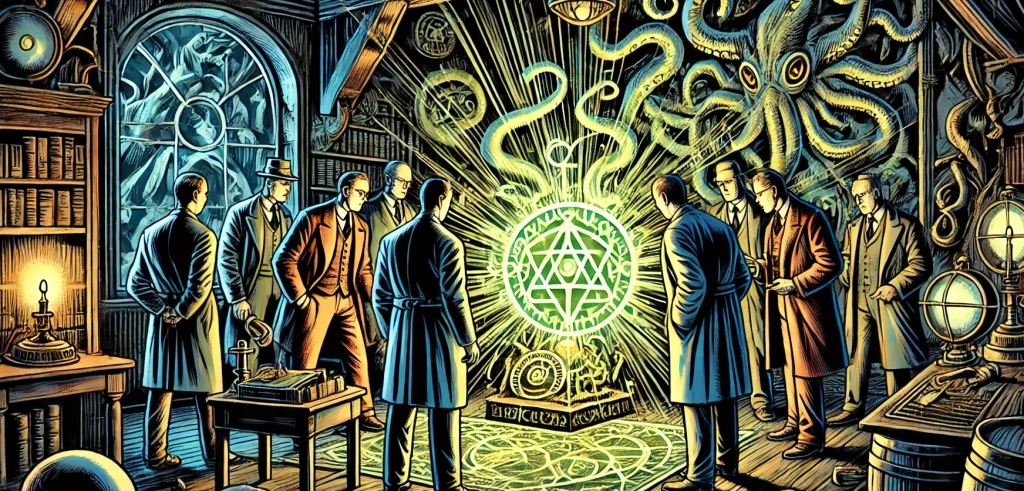When crafting challenges for your players, it’s important to strike a balance between difficulty and enjoyment. A well-designed challenge should push players to think creatively and use their characters’ attributes in engaging ways, without feeling impossible to overcome. Consider the strengths and weaknesses of the party, designing encounters that allow each character to shine. Challenges that cater to varied skill sets—mixing combat encounters, intellectual puzzles, environmental hazards, and social or moral dilemmas—help ensure that every player has a moment to step into the spotlight.
Dynamic challenges also create memorable gameplay moments. In combat, think beyond simple skirmishes. Use the environment to introduce hazards like collapsing bridges, burning buildings, or shifting terrain that forces players to think strategically about movement and positioning. Puzzles should be designed to make players collaborate, using their knowledge or resources to unravel a solution. Traps can add tension and require careful planning or quick thinking to escape. Even moral dilemmas—forcing players to weigh the consequences of their actions or decide between conflicting goals—can be powerful challenges that enrich the story and deepen their emotional connection to the game.
Remember, challenges are more than just rolling dice or succeeding in tasks—they are opportunities to advance the story and build immersion. Context matters. Whether the challenge is a complex trap laid by a cunning villain, a moral conflict involving a key NPC, or a physically demanding combat scenario, it should be tied to the broader narrative. The more the players understand the stakes and how their success or failure impacts the world around them, the more invested they’ll become.
Finally, don’t be afraid to let players fail. Failure can create some of the most memorable moments, offering opportunities for character growth, unexpected plot twists, and motivation to overcome future obstacles. Challenges should evolve with the party’s progression, and setbacks often make the eventual victories feel even more satisfying.

